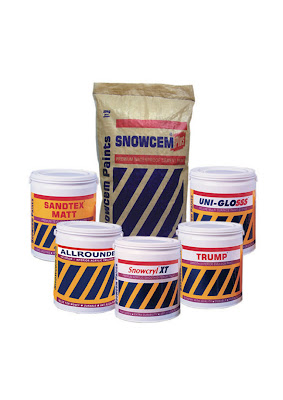
Misconception: All paints are basically the same, so buy the cheapest
Misconception: Oil primers are better than latex primers on bare wood
A latex primer will work better than oil to “spot prime” knots and pitch pockets (dried). Choose a special “stain blocking” type for this purpose. Once the spot priming dries, prime the entire surface with an oil or latex primer.
Truth: It depends on the surface. Oil stains generally penetrate wood better than latex stains and perform best on rough surfaces like rough-sawn wood and cedar shingles, which will soak up a lot of stain. Semitransparent oil stains excel here because you can apply several coats and achieve good wood protection without hiding the natural texture and grain. You can expect the stain to last from four to seven years. They’re easier to renew, too. You can simply power wash to clean and recoat.
However, latex stains (especially solid ones) excel on smooth wood surfaces. They won’t erode as quickly as oil stains.You can expect a solid latex stain on smooth, vertical wood to last four to six years. Keep in mind that no stain will last more than two to three years on horizontal surfaces that are exposed to the sun and rain.






No comments:
Post a Comment